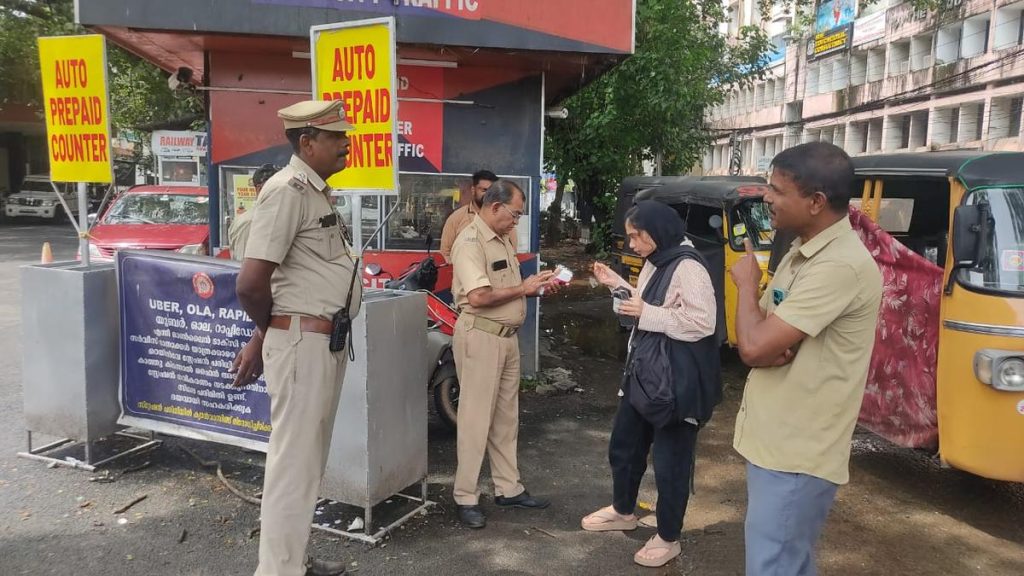Now Reading: 1,000 Institutions Join ‘SARPA Padam’ Snake Awareness Drive
-
01
1,000 Institutions Join ‘SARPA Padam’ Snake Awareness Drive
1,000 Institutions Join ‘SARPA Padam’ Snake Awareness Drive

Rapid Summary
- Around 1,000 educational institutions in Kerala have been included under the “SARPA Padam” snake-related awareness programme initiated by the kerala Forest Department this year.
- The program aims to cover all 36,000 educational institutions in the state, from anganwadis to colleges, during this academic year.
- “SARPA Padam” is an extension of SARPA (Snake Awareness rescue and protection App), a digital initiative covering various aspects of snakes and snake bites.
- A team of 70 educators has been trained to conduct hour-long awareness sessions with standardized digital content focusing on topics like ecological significance of snakes, species identification, venom types, anti-venom measures, snake bite avoidance strategies, and first aid do’s and don’ts. Additional training batches are being prepared for wider coverage.
- A safety audit was conducted at schools before the academic year started; some snakes where captured from these locations. Measures were recommended to ensure safer environments by removing potential hiding places for snakes near school grounds and cleaning premises thoroughly.
- The program is also extended to other vulnerable groups such as Mahatma Gandhi National Rural Employment Guarantee Program workers, Kudumbashree members, and farmers.
Indian Opinion Analysis
The “SARPA Padam” initiative reflects a proactive step toward addressing human-snake interactions in Kerala through education rather than confrontation-a balanced approach given the biodiversity-rich geography of the state where encounters with snakes can be frequent. Covering all levels of educational institutions ensures future generations grow up not only more aware but also less fearful or uninformed about biodiversity conservation.
The emphasis on creating safer campus environments through audits coupled with targeted efforts at improving public knowledge across diverse social groups demonstrates an inclusive approach that serves both ecological preservation goals as well as public safety requirements. If implemented effectively across all planned institutions within its timeline while maintaining engagement quality standards for vulnerable target groups like farmers or rural workers under government programs-it could further contribute toward reducing incidents of snakebite fatalities while fostering coexistence between people and nature.
Read more: Original Source
























